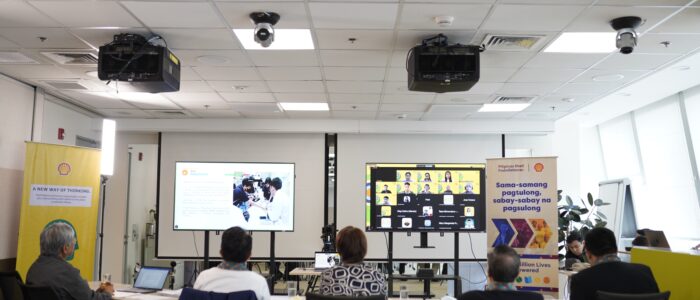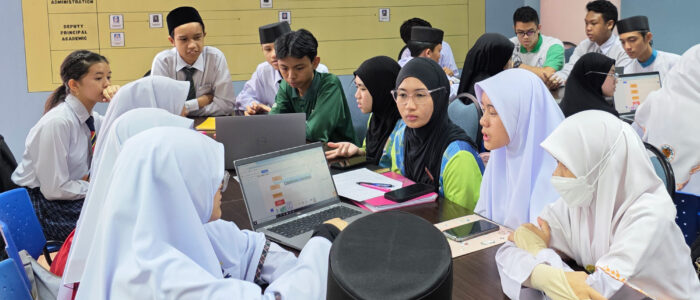What does it take for young people to thrive in today’s world – not just in school, but in life?
With rising stress levels, growing uncertainty about the future, and a rapidly changing job market, wellbeing is no longer a ‘nice to have’. Young people need more than academic success – they need confidence, resilience, and the mindset to navigate an unpredictable world.
Career uncertainty among young people is growing. Around 39% of teenagers are unsure of what career path they want to follow – a figure that’s risen rapidly since 2000. At the same time, the world of work is evolving fast, with predictions that 170 million new jobs will be created this decade, many in areas that don’t yet exist.
So, how do we prepare young people for a future we can’t fully predict? We start by placing wellbeing and life skills at the heart of education.
The skills that support wellbeing and success
Supporting wellbeing in education doesn’t mean taking time away from learning, it means reimagining learning to include the skills that really matter, including:
67% of employers now list resilience as a top workplace skill, up significantly since 2023. With 6 in 10 workers globally reporting higher stress, young people need tools to manage their wellbeing. Emotional intelligence, self-awareness, and coping strategies aren’t optional extras – they’re essential foundations for long-term success.
Good communication supports both wellbeing and opportunity. It’s also one of the most in-demand employability skills globally. Oracy, ‘the ability to express yourself clearly and confidently’, is gaining recognition worldwide. In rural India, structured oracy programmes boosted confidence and access to education. In the UK, it’s becoming a national policy priority. In a globalised world, cross-cultural communication skills are becoming just as essential. A multi-country study across Europe and South America found that young people’s motivation to engage with diverse perspectives is key to developing these skills.
Problem solving builds confidence, agency and future-readiness. It’s one of the most in-demand skills worldwide – and one of the least likely to be replaced by AI. As technology transforms the world of work, problem-solving and critical thinking are essential for navigating complexity and making decisions in a data-driven world.
Across the globe, education systems are evolving.
In England, schools are assessed on how well they support personal development. In China, ‘quality-oriented education’ focuses on creativity, independence and inquiry. In Finland, reforms are rooted in educating ‘good, balanced, and enlightened humans’, with a focus on meaning, joy, and active involvement.
At Shell NXplorers, we believe in a new way of thinking. NXthinking helps young people connect ideas, explore possibilities, and build confidence in who they are and what they can do.
Because when the world invests in the whole child, we prepare young people for life – not just a job.


